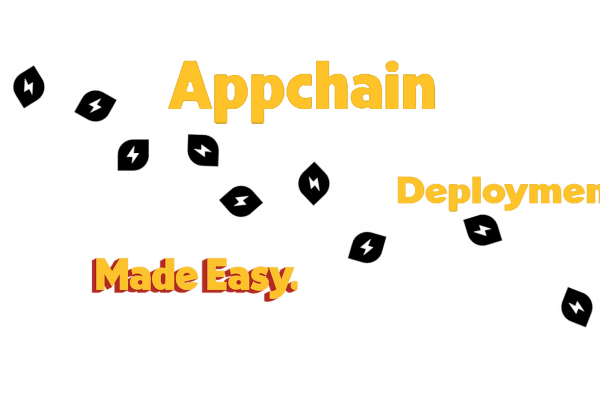
The past few years have seen a major shift in the way we think about our relationship to data. We are moving from a world in which data is seen as a valuable commodity to be mined and sold, to a world in which data is seen as a public good that should be available to everyone.
In this article, we will explore the shift from tokenization to digitization, and what this means for the future of the internet.
Transitioning from Tokenization to Digitization
Nowadays, there has been a shift from traditional forms of payment to their digital counterparts. This shift is known as the move from tokenization to digitization, and the world is currently in the midst of the digital transformation in question.
This is most apparent in the payments industry, where the way we process funds has moved toward the digital realm. Tokenization has long been the standard for secure payments, but it is becoming increasingly difficult to maintain security as criminals become more sophisticated. Digitization, on the other hand, offers a more secure way to process transactions.
This change is being driven by a few other factors, but one of the most crucial is the rise of blockchain technology. With blockchain, we now have a way to store data that is secure, decentralized, and tamper-proof.
With its inherently secure structure, blockchain allows users to safely invest in NFTs, purchase from e-retailers, and engage in crypto betting. This pushes more businesses to trust blockchain and shift toward digitization. Building business processes upon blockchain boosts transparency, as anyone can view transaction data in real-time.
On the other hand, tokenization does also have its advantages. By tokenizing data, you can create unique identifiers that can be used to track and manage information. Tokenized data is also in some ways more secure than its non-tokenized counterpart since it is much harder to duplicate or tamper with.
What is Tokenization?
In a world that is increasingly digitized, it is important to understand the difference between digitization and tokenization. However, to fully understand these two processes, we need to understand what each one of them actually means.
So, tokenization is the process of converting a sensitive data element with a non-sensitive equivalent, referred to as a token. Initially, it began with the use of tokens or coins to represent value. These tokens were then used to purchase goods and services.
Over time, tokenization evolved to include the use of paper currency and credit cards. And with the advent of computers along with the internet, tokenization has taken on another new form.
What is Digitization?
Digitization is the process of turning an analog process or product into a digital one. This can be as simple as scanning a document and saving it as a PDF, or more complex, like developing software to automate a manual process.
The goal is usually to make information much simpler to store, share, and work with. And there are many reasons why people might want to digitize their data. In some cases, it is simply because digital files are easier to manage than physical ones.
For instance, if you have a huge collection of paper documents, it can be difficult and time-consuming to keep track of them all – but if they are digitized, you can easily search for and find whatever you need. In addition, it is hard to ensure that the documents won’t get lost or ruined, thus digitization solves both problems, along with many others, easily.
Another common reason for digitization is that digital products and processes are often more efficient than their analog counterparts.
For example, if you are still using a paper-based system for customer service requests, chances are good that it is taking longer to locate and fix issues than it would if you had an automated system in place. Automating processes can help save time and money in the long run.
Finally, in some cases, you may need to digitize your operations in order to stay compliant with industry regulations. For instance, the healthcare industry is increasingly moving towards electronic health records (EHRs), which must be stored and accessed digitally.
Conclusion
The shift from tokenization to digitization is certainly an important one and one that is likely to have a major impact on the way we interact with the world around us. Tokenization has been the standard for centuries, but digitization is quickly becoming the new norm.
So which should you use? The answer depends on your needs. If you are looking for a way to simply store and share information, then digitization may be the way to go. However, if you need more security or want to create unique identifiers for your data, then tokenization may be the better option.
Whatever your preferences, this shift will change the way we think about money, value, and even ownership. It is important to understand this shift so that we can be prepared for the changes it will bring.



